Anshel Brusilow on The Terror of Auditioning for an Orchestra Spot
The late American conductor and violinist Anshel Brusilow talks about how best to prepare for the orchestral audition process and we should expect
For many, the years of drilling and practice only to lead up to this very moment could be immensely nerve-wrecking. An orchestral audition–a job, if won, could be life-changing and would mean a stable income for the rest of your active service. Of course with that being said, a single spot in the orchestra would receive hundreds of applications and you've got to be in top form during your audition. What are the considerations and difficulties when vying for an orchestral spot?
The late former Music Director of the Philadelphia Chamber Orchestra and Dallas Symphony shares his expert advice on the topic.
The late Anshel Brusilow talks about the pressure and stress of Auditioning for an Orchestra Spot
You’ve been given a list of music to prepare. Of course, you must learn to play everything perfectly. If you’ve never played a piece, listen to a recording of it and play along. Do you feel as if you blend in with the orchestra? Nice, but turn it off and play alone.
At the audition, tune your instrument backstage—don’t waste the conductor’s time. You can do a quick check when onstage.
Nerves are an enormous factor. Because of nerves, a musician’s full ability is rarely on display. Auditioning is much worse than playing to a packed house. Unlike a big audience, the conductor will miss nothing. Plus, principals who sit with their conductor during auditions may point out your mistakes so the conductor knows that they are paying attention. Yours is not the only ego in the hall!
The first weapon in your stress-control arsenal: your eyes. Never look out into the audience. Why would you want to look at an empty house with one or two people sitting near the front, one of them being the scariest person in the world?
No. Just don’t do that.
This is what you want. You want to be playing alone. Like when you’re practicing at home and play the solo perfectly. No one is listening. Your head is in the music, and your fingers are limber and glide effortlessly over your instrument. Your bow control is impeccable.
You will not, however, be completely alone on the stage. A nice person is provided to set the music out for you. You can say hello to this person. (Do not say hello to persons sitting in the audience. Anyway, you have not seen them, right? Where the conductor is concerned, you are like a child in the olden days who speaks when spoken to.) It sometimes happens that your assistant on stage is someone you know, and you would like to chat about their new baby.
No. Save that for later. You are professional every minute. Your dress is professional, and your hair. Your demeanor is professional. You should stand up—like a soloist—unless you are a cellist. Face the hall, though your eyes will stay on the music. If you make a mistake while playing, keep going just as you do when performing.
Bring your music with you with your own markings, fingerings, etc. To your stage assistant, you can say, “I happen to have that piece with me. Can I use my own?” If this is allowed, it will increase your feeling of security.
Be prepared for the unexpected. If you are asked to play the bottom line in a piece that is divisi and it is unfamiliar, ask your the assistant for a minute to look at it. You may be given a piece of music that was not on the list at all. Many conductors want to know a player’s sight-reading ability. You can ask the assistant for a few moments to look at the part. Sight-read it in your imagination, and wrap your mind around the problem areas.
If you are invited to play part of a solo of your own choosing, don’t pick something slow and simple. You only have these few minutes to show off your technique, proficiency, tone, and musicality. Go for it!
When the audition is over, unless the conductor addresses you or comes onto the stage, leave. Yes, leave. Don’t ask why you were only asked to play two pieces, or how your playing sounded, or when you will hear from them, or thank them. Just leave with dignity.
–Anshel Brusilow
april 2024
may 2024



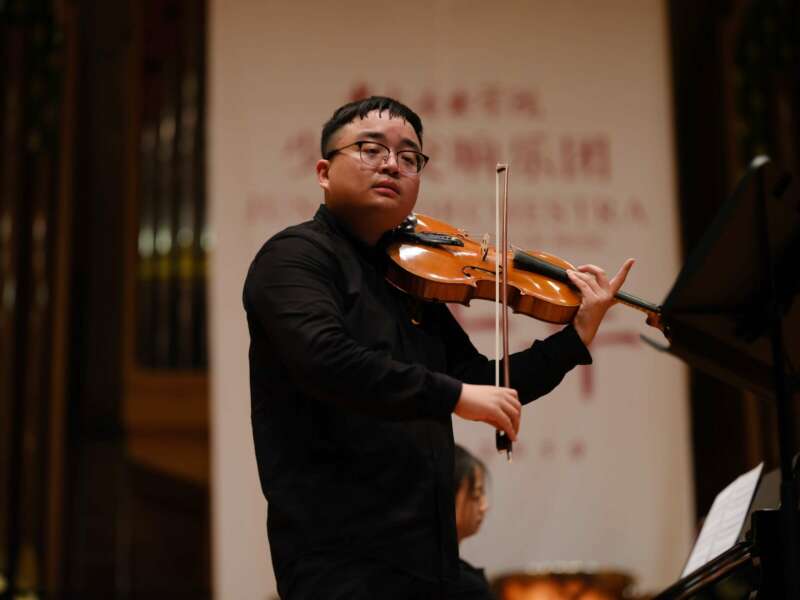
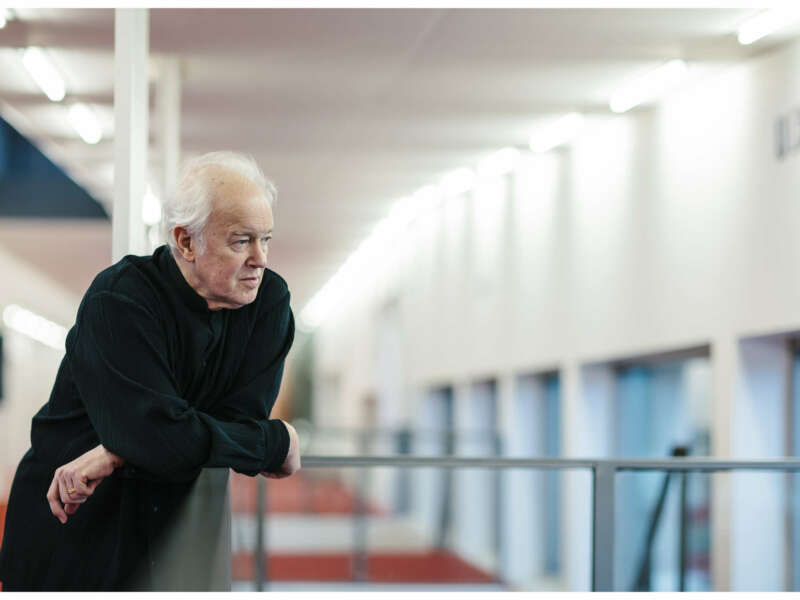
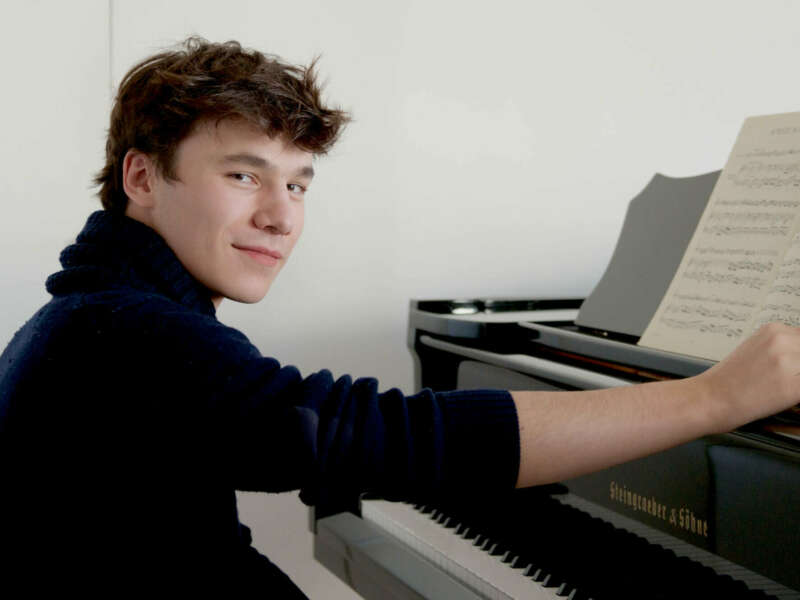

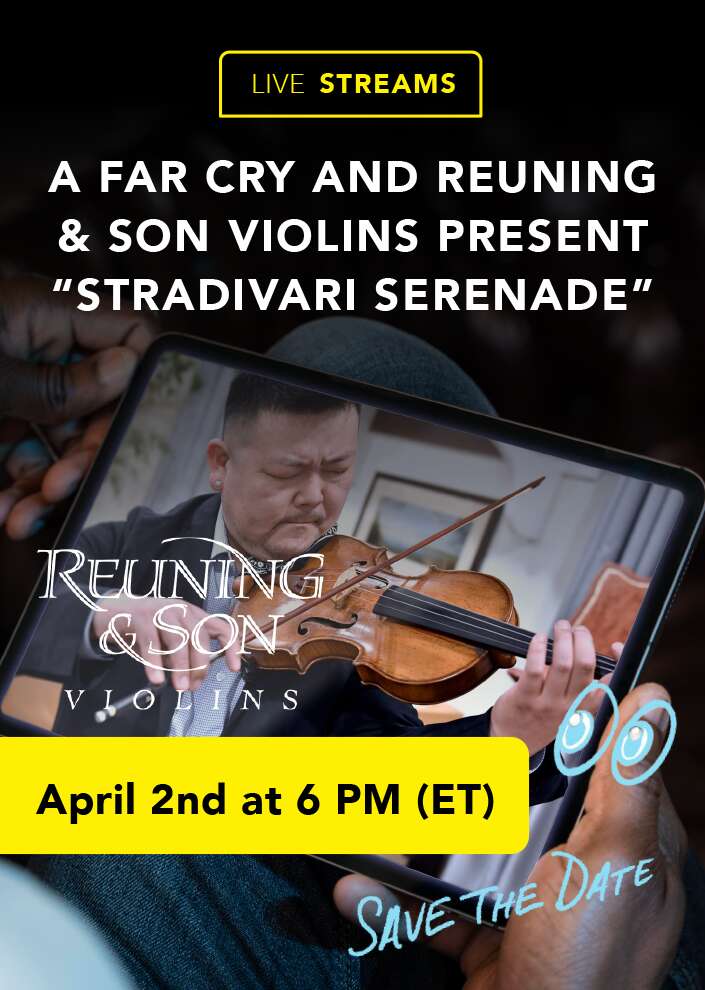
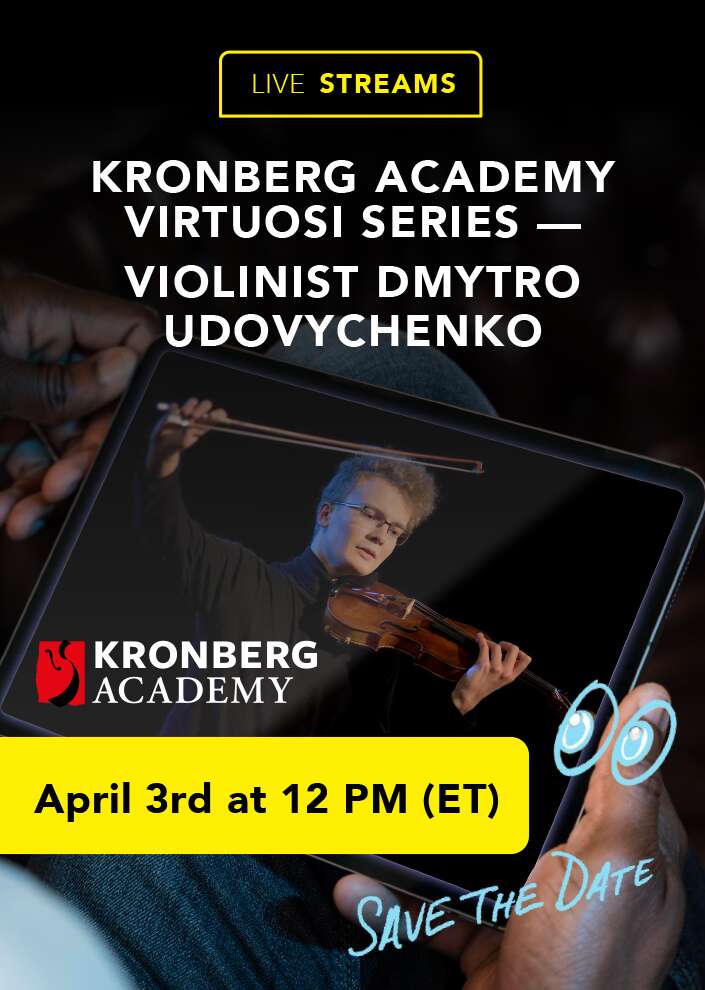

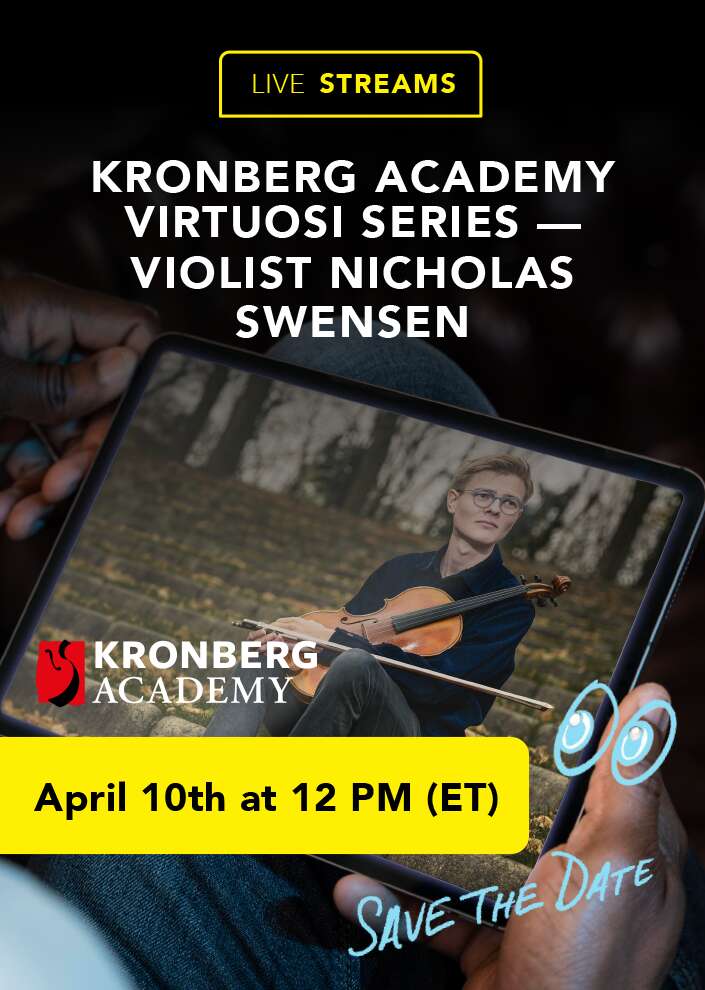















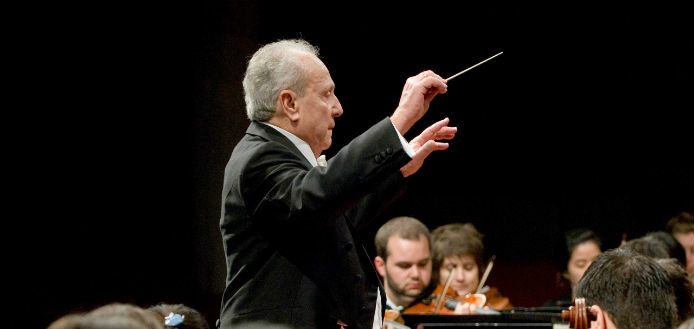
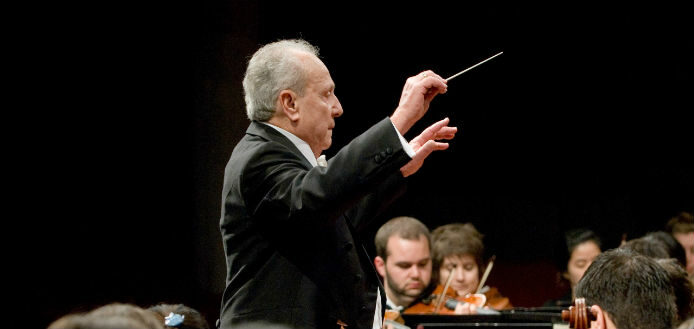

Sorry, the comment form is closed at this time.